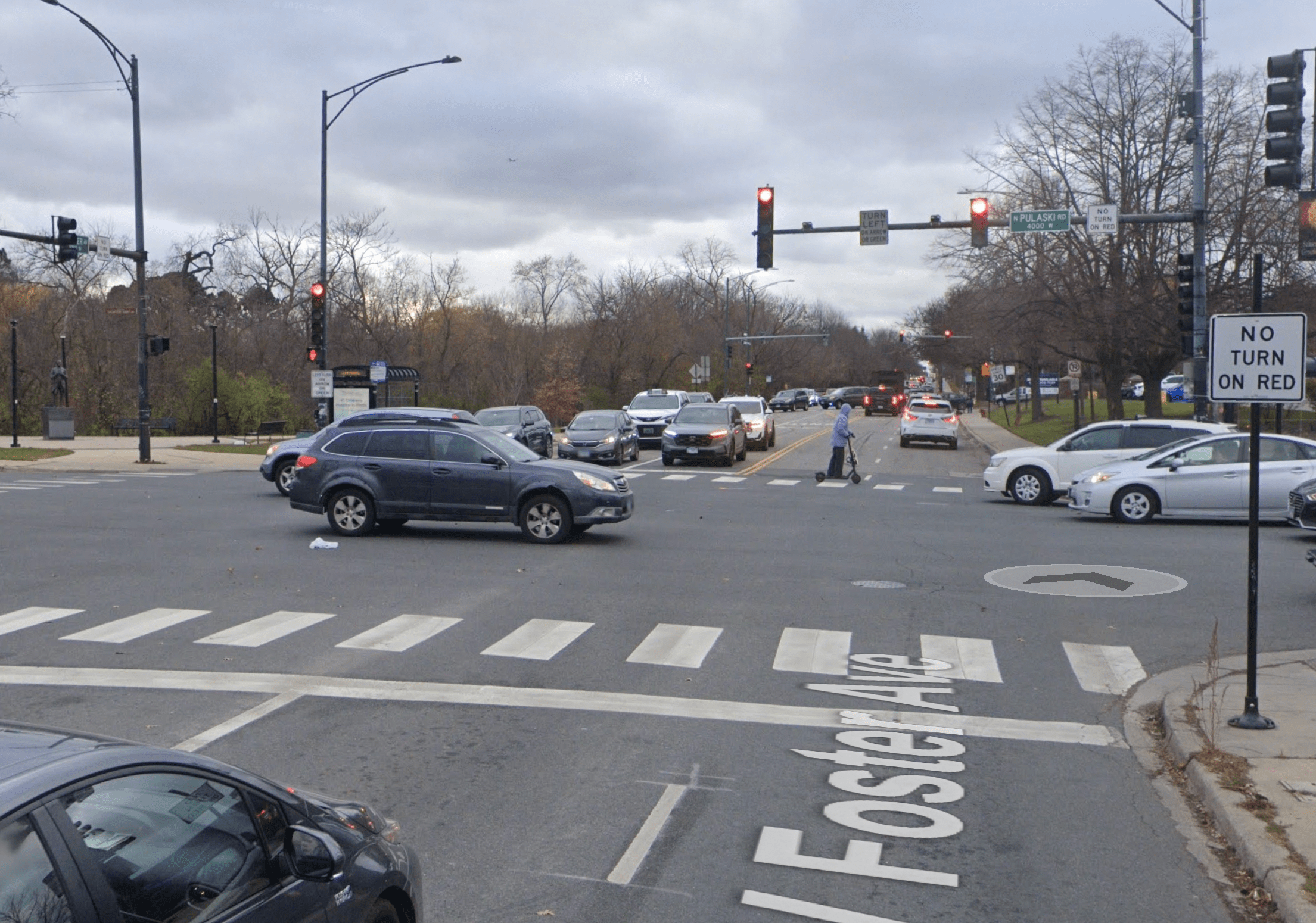In an effort to boost development downtown, leaders in Fayetteville, Arkansas (population ~80,000), last week eliminated minimum parking requirements for commercial properties citywide.

Leading the push were planning commissioners like Tracy Hoskins, whom the Fayetteville Flyer described as a "longtime businessman and developer." Hoskins argued, persuasively, that businesses are capable of deciding for themselves how many parking spaces to build and don't need laws that require "day-after-Thanksgiving-sized lots."
“I’ve always thought it was crazy to have minimum parking standards," he told the Flyer. "Let the people that own, operate, and invest in those businesses determine what they need."
Big parts of the downtown area are suffering from disinvestment, and the reforms were framed as a way to improve economic prospects. Another commissioner, Matt Hoffman, promoted it as a way to eliminate an unnecessary level of regulation and create a pro-business climate in the city.
The city's requirements, for example, required one space per employee at daycare centers and two spaces per chair at a barber shop. Although the city's attorney raised some concerns, commissioners held firm. And the decision doesn't seem to be stirring up a backlash. Commenters at the Fayetteville Flyer were generally supportive.
Many U.S. cities have reformed parking rules in limited areas (Chicago recently loosened residential parking requirementso) in order to improve walkability and reduce construction costs.
Still, Fayetteville appears to be blazing a trail here. Parking policy guru Donald Shoup, author of the High Cost of Free Parking, said he believes Fayetteville is the first U.S. city to eliminate commercial minimum parking requirements citywide.
According to Shoup, Buffalo, New York, is considering a similar proposal, so this could be the start of something big.



